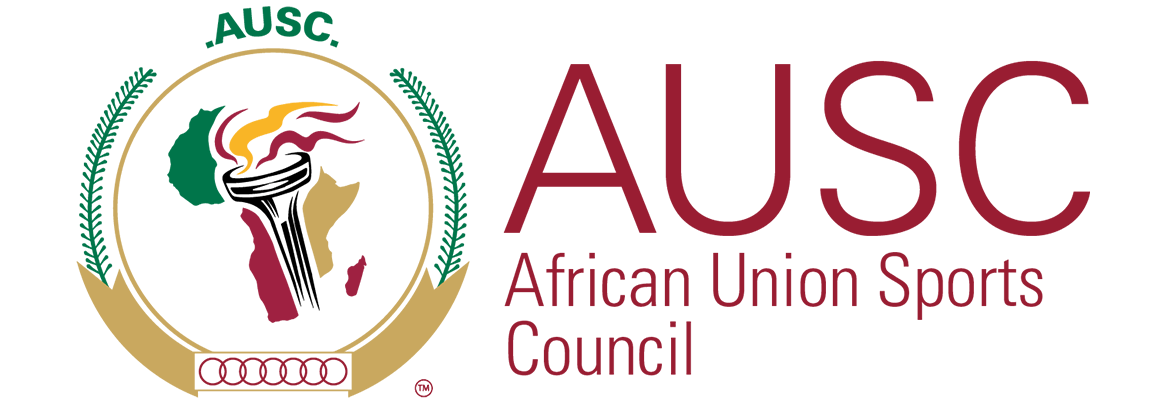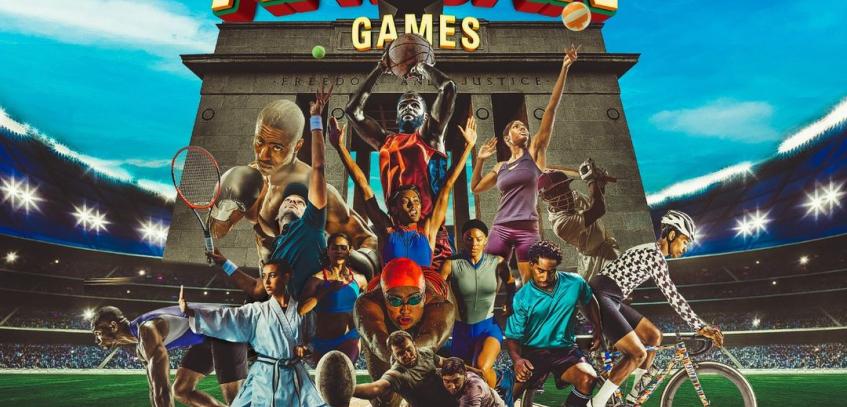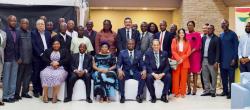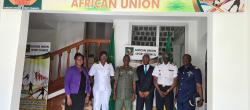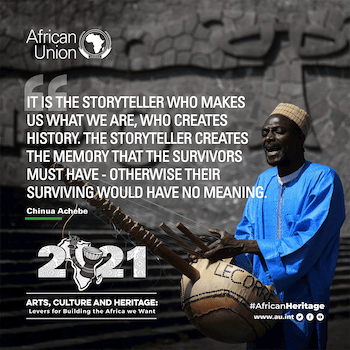2023 African Games Projects The Continent To Sporting Prominence
The razzmatazz that comes with hosting the continent’s biggest multidisciplinary sports event is still evident in the Ghanaian cities of Accra and Cape Coast, three weeks after the curtains closed on the 13th African Games. The competition staged from the 8-23 March 2024 has been described by athletes and members of the various delegations as “a remarkable moment of African sporting greatness and fraternity”. The competition beamed across the globe, gleaned the attention of hundreds of millions, and further highlighted how inherent sports are in fostering the African Union’s “Agenda 2063: The Africa We Want” blueprint.
The tournament garnered positive reviews as it not only strengthened the spirit of African unity but also provided the ideal lens through which the impact of sports on human and socio-economic development can be viewed.
A Competition of Unprecedented Figures
The African Games in Ghana displayed the African Union’s unwavering dedication and constant pursuit of sporting excellence on the continent. The turnout witnessed during the pinnacle multidisciplinary sports jamboree provided a testament to the increasing interest that African nations accord to the event.
More than 5000 athletes competed in Ghana with an estimated 1500 officials attending the 13th African Games. These sportsmen and women competed for continental recognition in 29 sports codes, the greatest number of sports disciplines ever recorded since the maiden tournament took place about 60 years ago in Brazzaville, Republic of Congo. Eight of these 29 disciplines served as qualifying tournaments for the 2024 Paris Olympics slated for the 26 July – 11 August.
More than 1000 medals were up for grabs with Egypt for the third consecutive African Games topping the medal charts after replicating its 2015 and 2019 feat. The Egyptians picked up 193 medals with 103 in gold, 47 in silver and 43 in bronze. Nigeria came in second with 121 medals with Algeria winning 114 medals to rank third at the Accra event.
Youth Empowerment Through Sports
The youth are a key cog of the African Union’s “Agenda 2063”, forming the backbone of the African society. It, thus. becomes imperative for the youth to be empowered to bring to fruition the hopes of seeing a more socio-economically viable continent in the years. The passions sport triggers make it a common and rallying ground for young people. The African Games were the ideal platform for the African Union to empower youths on the impact of sports on the economy as well as its influence in fostering gender equity, youth engagement, and empowerment.
The establishment of a Youth Pavilion from 8-13 March 2024 was a significant step towards edifying young men and women on their role in positively transforming the story of the continent. At the Pavilion, attendees participated in several activities ranging from master classes to panel discussions and integrational dialogues. These intellectual exchanges were key in endowing participants with knowledge of the fundamentals for developing youth-led entrepreneurial projects. Furthermore, participants and visitors had the chance to experience sport for development activities fostering their life skills and showcasing how sports can contribute to gender equality and inclusion.
One of the projects undertaken by the African Union Commission that came under review and pulled a lot of attention was the “One Million Next Level” initiative which is a futuristic drive geared towards empowering more than 300 million young Africans by the year 2030 by concentrating on education, entrepreneurship, employment, youth engagement, and health as significant catalysts to youth inclusion and development on the continent.
A University of Sports For Development In The Offing
A recurrent fear across Africa in the aftermath of major sporting events is what becomes of the sporting infrastructure which costs huge financial resources to states. There are often concerns over whether these amenities may end up being poorly managed or simply become “white elephant” projects.
The 13th African Games afforded the State of Ghana an incredible opportunity to construct ultramodern sports amenities and refurbish others to world-class standards with the Executive Chairman of the LOC of the Accra Games, Dr. Kwaku Ofosu-Asare describing them as “excellent sporting facilities”. The Ghanaian state has already charted a blueprint that will ensure these sporting amenities are properly managed and utilized.
Ghana’s president H.E Nana Addo Dankwa Akufo-Addo at the end of the 13th African Games stressed that the recently renovated facilities which include rugby and hockey pitches, and a cricket oval, newly constructed Olympic-size swimming pool, tennis, and multi-purpose indoor arenas will be used to groom Ghana’s next generation of athletes.
“I assure my fellow Ghanaians that these facilities will be well maintained and will serve as appropriate venues for training future champions, and for hosting international sporting tournaments and competitions. Indeed, the facilities will act as the nucleus for the soon-to-be-established University of Sports for Development and will also be the venues for the holding of the Ghana National Games.” Ghana’s President Nana Addo Dankwa Akufo-Addo announced.
The imminent establishment of a University of Sports for Development in Ghana is in line with the aspirations of the African Union’s use of sports to achieve some of the AU Agenda 2063 aspirations as seen in the establishment of the African Union Sports Council, a specialized technical body with mandate to promote development of sports and development through sports in Africa.
The fanfare witnessed in Ghana during the African Games coupled with electrifying performances from Africa’s most mercurial athletes highlight a significant growth of the competition and are foretelling of a spellbinding tournament when the 14th African Games unfold in Egypt in 2027.
